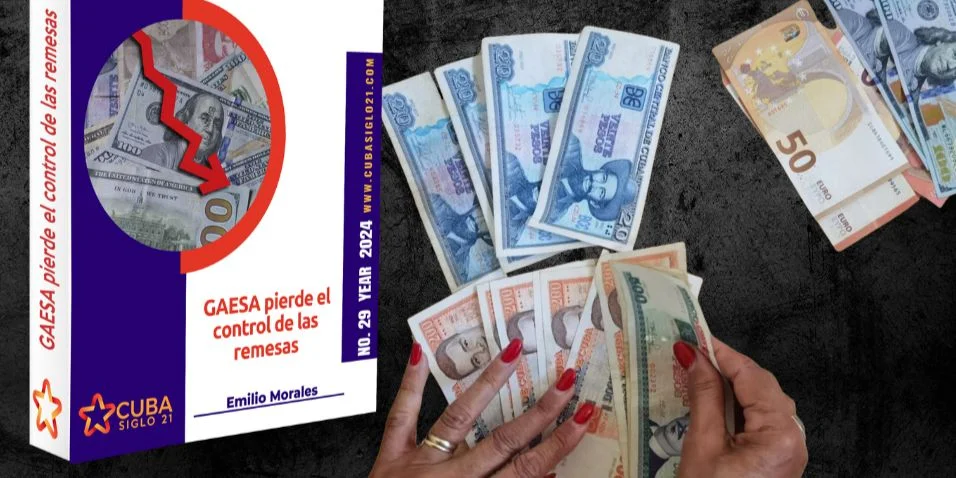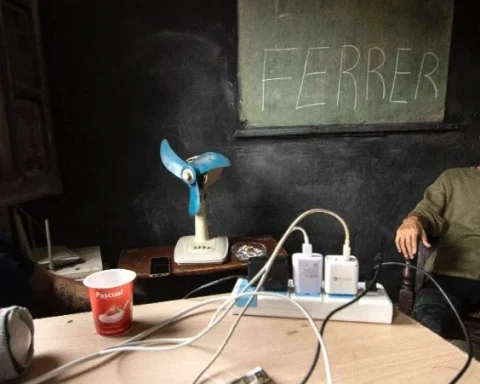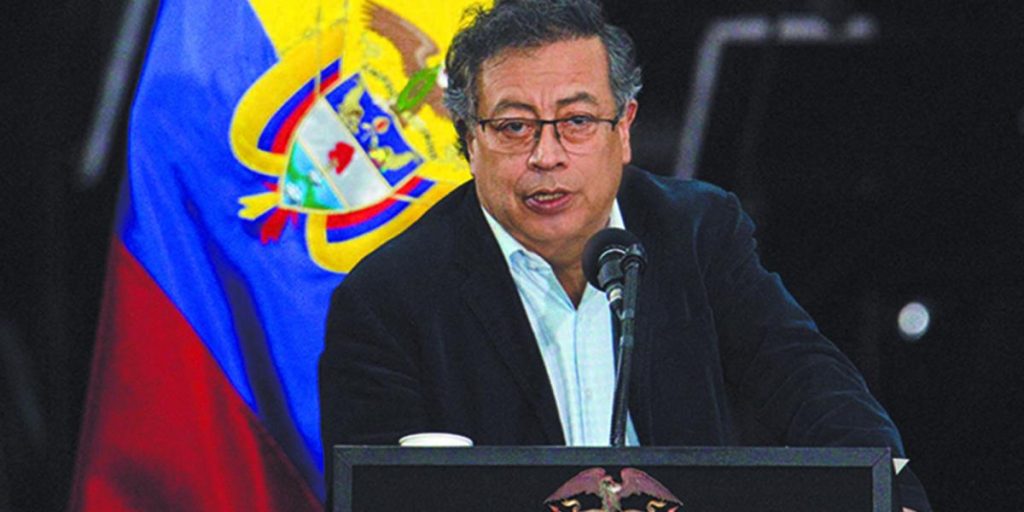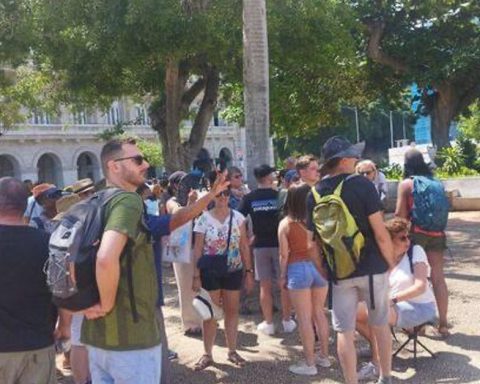MIAMI, United States – The Business Administration Group of the Armed Forces (GAESA) has lost its dominance over the remittance market, according to the dossier “GAESA Loses Control of Remittances” published by the think tank Cuba Siglo XXI. According to the research, over 95% of the funds sent by the Cuban diaspora have shifted to informal channels, resulting in a financial loss of $1.89 billion for the year 2024.
The loss of trust in entities controlled by the state military elite stems from multiple factors. The report highlights that the Monetary Reordering Task triggered an inflationary crisis that eroded confidence in the national banking system. Additionally, sanctions imposed by the Trump administration targeting military-controlled companies like FINCIMEX complicated the use of formal channels. Attempts to bypass these restrictions by creating front companies such as ORBIT, SA, also failed.
According to the study, this shift in remittance dynamics represents a “citizen financial rebellion,” driven by the operations of more than 150 “informal banks” that manage funds with greater speed, reliability, and better exchange rates. These alternative mechanisms have sidelined traditional structures, marking “a before and after” in the economic relationship between the Cuban diaspora and state institutions.
The current situation is further exacerbated by the COVID-19 pandemic, the temporary closure of airports, and the lack of a significant increase in remittance flows following the massive migration wave between 2020 and 2023. Contrary to expectations, new migrants prioritized family reunification, which limited the volume of remittances sent to the island.
Cuba Siglo XXI’s research concludes that this transformation is irreversible in the short and medium term, reflecting a sharp erosion of GAESA’s economic power. The military conglomerate, which monopolized foreign currency inflows for decades, now sees under threat its ability to sustain other key sectors, address internal and external challenges, and suppress corruption and repression against informal networks.
“The loss of control over remittances exposes the fragility of the Cuban financial system and the decline of its militarized governance. While the informal economy grows, GAESA’s strategies, such as parcel trade and hotel construction, face internal and external obstacles,” the report states.
The think tank also argues that “corruption within the regime and repressive tactics against informal competitors reflect a system struggling to maintain its survival but appearing to be on the brink of definitive collapse.” Finally, Cuba Siglo XXI concludes that “the collapse of GAESA’s monopoly on remittances is not just a financial blow but a clear indicator of the profound structural crisis faced by the Cuban regime.”
Follow our channel WhatsApp. Receive information from CubaNet on your cell phone through Telegram.


















